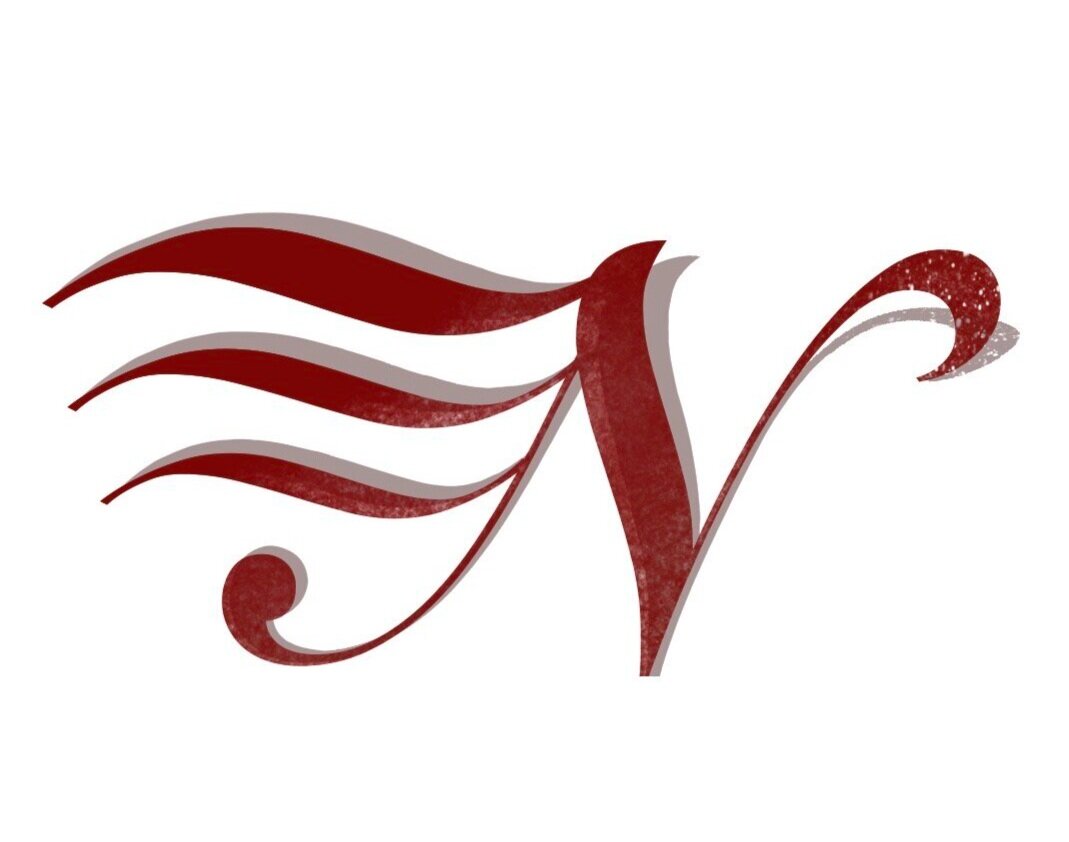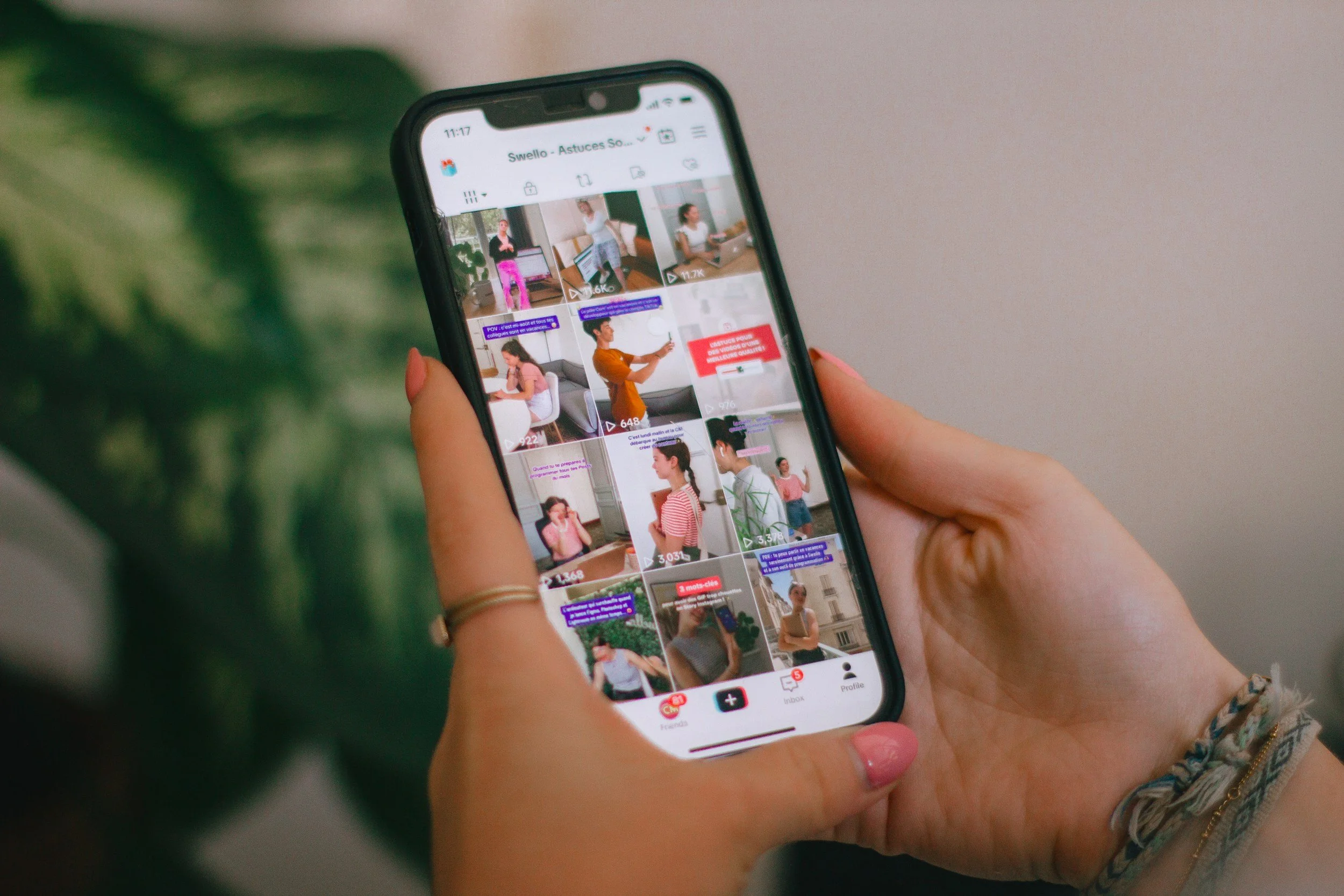From Memes to Geopolitics - Why TikTok Matters
TikTok seems like a fun place for lip synchs, dances and memes, but it has become a battleground for the US and China. Last week, Reuters, Politico and AP news announced that the U.S. and China had finally reached an agreement on a framework for a deal to transfer TikTok to U.S. ownership. TikTok is currently owned by China’s ByteDance company and has 170 million U.S. users. The deal would transfer 80% of control, six of seven board seats, and TikTok’s algorithm to U.S. ownership. Trump has been working on a deal to allow TikTok’s U.S. operations to continue before Congress’s TikTok ban went into effect in January.
The TikTok controversy is about more than business. The deal attempts to assuage U.S. security concerns while maintaining Chinese soft power and shows how tech platforms are now tools in global politics. The entire controversy highlights how international relations theories are playing out in the real world.
This is Realism in action. Realists believe that the world operates in an anarchic state and each country is driven by self-preservation. Security and power are the real priorities, not cooperation nor morality. The U.S. fears that China's state access to user data is a national security threat. In 2017, China passed a National Intelligence Law which requires Chinese companies to share data with the government upon request, according to Lawfare analyst Murray Scott Tanner. As a result, Washington views TikTok as more than just a harmless social media app, but as strategic intelligence that can be weaponized for espionage, influence and coercion. For example, if TikTok collects voice data from U.S. users, it could be used by the Chinese government for surveillance or blackmail. China sees U.S. intervention as a challenge to its sovereignty and its right to own powerful tech companies. Realism implies that both countries are fighting to protect themselves, not privacy nor free trade.
On the other hand, Liberal Institutionalism argues that even in a dangerous world, countries cooperate because of shared rules and goals. Under WTO rules, such as the national treatment and most-favored-nation obligations, member countries are supposed to treat foreign firms no less favorably than domestic ones. But U.S. security concerns overrode all that and it shows the limits of shared rules and economic gains. Common standards break down when big powers feel threatened.
Joseph Nye, a Government professor at Harvard University, coined the term soft power in the late 1980’s. Soft power is the ability to win hearts and minds through persuasion and appeal. It lies in contrast to hard power, such as military pressure or economic sanctions. Soft power is the carrot, while hard power is the stick. Soft power explains why control of TikTok is important to both countries, because it spreads culture and ideas across borders. For example, if U.S. users watch political reels on TikTok, China could use it to influence American elections. For the past century, the U.S. dominated soft power through Hollywood films, universities, and brands like Apple and Nike. Slowly, their dominance is eroding, as demonstrated by TikTok's algorithm, which seems to have more stickiness than U.S. platforms like YouTube or Instagram. On August 20, 2024, Pew Research released a study showing 48% of Americans under 30 use TikTok to keep up with politics and over 50% use it to keep up with news, more generally. This deal attempts to recapture control over a predominant American source for news and public affairs.
The TikTok deal illustrates that tech platforms hold significant power and are not just entertainment. The dispute over this power displays the strength of realism and soft power and the weakness behind liberal institutionalism, common goals, and shared beliefs. TikTok may feel like fun and games, but beneath the reels lies a political struggle over who holds control over information, power, and the future of influence.
Sources
Reuters: “U.S.-China reach framework deal on TikTok; Trump, Xi speak Friday.” September 15, 2025.
Reuters: “Americans get 6-7 board seats in TikTok’s U.S. operations, says White House.” September 20, 2025.
AP News: “TikTok-China deal details amid Trump’s proposal on social video platform.” September 16, 2025.
Politico: “Trump’s plan for TikTok sale includes algorithm oversight.” September 20, 2025.
Tanner, Murray Scott. “China’s National Intelligence Law.” Lawfare, 2017.
World Trade Organization. “Principles of the Trading System.” Understanding the WTO.
Pew Research Center: “About half of TikTok users under 30 say they use it to keep up with politics, news.” August 20, 2024.

